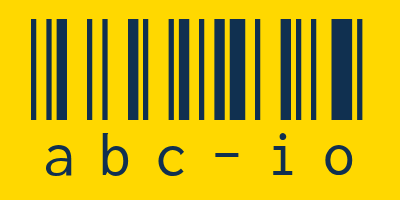
- Tesla’s Dojo supercomputer dream ends after leadership changes and mass departures reshape its AI strategy
- The Dojo project looked to revolutionize autonomous driving before internal shifts halted its momentum
- Samsung’s $16.5 billion chip deal with Tesla marks a major turn in AI development
Tesla has shut down its Dojo supercomputer team, in what appears to be a major shift in the company’s artificial intelligence plans.
Reports from Bloomberg claim the decision followed the exit of team leader Peter Bannon and the loss of about 20 other staff members to a newly formed venture called DensityAI.
The remaining team members will now be reassigned to other computing and data center projects within Tesla.
Leadership exit triggers Tesla shake-up
The Dojo system was originally developed around custom training chips designed to process large amounts of driving data and video from Tesla’s electric vehicles.
The aim was to use this information to train the company’s autonomous driving software more efficiently than off-the-shelf systems.
However, CEO Elon Musk said on X it no longer made sense to split resources between two different AI chips.
Tesla has not responded to requests for comment, but Musk has outlined the company’s focus on developing its AI5 and AI6 chips.
He said these would be “excellent for inference and at least pretty good for training” and could be placed in large supercomputer clusters, a configuration he suggested might be called “Dojo 3.”
The company’s shift away from the Dojo project comes amid broader restructuring efforts that have seen multiple executive departures and thousands of job cuts.
Tesla has also been working on integrating AI tools such as the Grok chatbot into its vehicles, expanding its AI ambitions beyond self-driving technology.
Tesla’s plans for future AI computing infrastructure and chip production after Dojo rely heavily on outside technology suppliers, with Nvidia and AMD expected to provide computing capabilities, while Samsung Electronics will manufacture chips for the company.
Samsung recently secured a $16.5 billion deal to supply AI chips to Tesla, which are expected to power autonomous vehicles, humanoid robots, and data centers.
Musk has previously said Samsung’s new Texas plant will produce Tesla’s AI6 chip, with AI5 production planned for late 2026.
For now, Musk appears confident that Tesla’s chip roadmap will support its ambitions.
But with the original Dojo team largely gone and reliance on external partners increasing, the company’s AI trajectory will depend on whether its new chips and computing infrastructure can deliver the results Musk has promised.











Add Comment